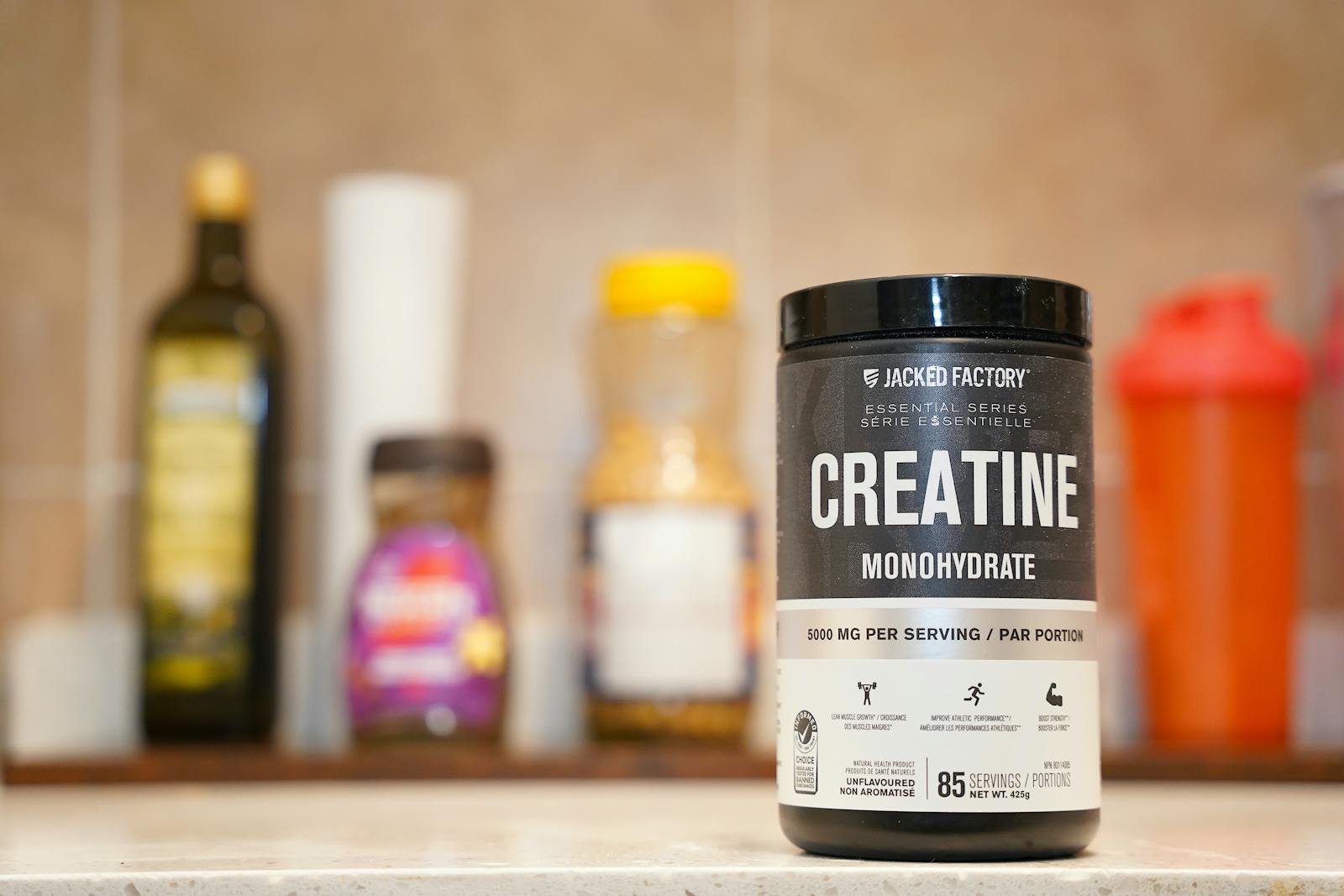Waking up with a burning sensation in your chest or the back of your throat is a surprisingly common wakeup call. For many people it is a one-off annoyance after a late, greasy meal or a night of drinking. For others it is a recurring, life-disrupting problem that signals gastroesophageal reflux disease, known as GERD. The experience is the same whether you notice a sour taste on your tongue, a dry cough that greets you in the morning, or a raw feeling in the throat: stomach acid is where it should not be.
Understanding morning heartburn means understanding reflux. The lower esophageal sphincter is a muscular valve that normally closes to keep stomach contents where they belong. If that valve relaxes inappropriately, or if physical factors push stomach contents upward, acid moves into the esophagus and sometimes into the throat. Overnight is a vulnerable time. Lying flat removes the help of gravity, saliva production drops so there is less natural neutralizing of acid, and slower gastrointestinal motility during sleep means acids clear more slowly. Add common contributors such as hiatal hernia, excess abdominal weight, pregnancy, alcohol, nicotine, certain foods, and some medications, and you get a clear picture of why symptoms are often worst in the morning.
Symptoms are not always dramatic, which is why many people tolerate recurring reflux for years before seeking care. Heartburn in the morning can present as chest burning, throat soreness or hoarseness, persistent cough on waking, a bitter or sour taste, or the sensation of something stuck in the throat. For some people these symptoms are intermittent. For others they happen nightly and erode sleep quality and daytime performance. Persistent reflux raises the stakes because chronic acid exposure can injure the esophageal lining and, over time, lead to complications that require specialist attention.
When you want immediate relief, sensible first moves are within reach. Sipping a glass of water on waking helps clear acid from the esophagus and soothes irritation. Over the counter antacids can neutralize acid quickly for short term relief. H2 blockers reduce acid production and can be useful for more sustained daytime control. Proton pump inhibitors are the most effective class for suppressing acid production over longer periods and are commonly used when reflux is frequent or damaging. These medications are tools, not cures, and they work best combined with changes to sleep habits, diet and body weight when those are relevant. If over the counter measures do not help, clinical evaluation is appropriate.
Prevention feels prosaic but it works when consistently applied. Avoiding food and drink that trigger reflux in the hours before bed and allowing at least three hours between your last meal and lying down substantially reduces the chance of waking with heartburn. Elevating the head of the bed rather than stacking pillows keeps the upper body inclined and uses gravity to help keep acid down. Losing excess weight, quitting smoking, limiting alcohol, and identifying specific dietary triggers such as coffee, chocolate, spicy foods, fatty meals, and carbonated drinks are often the difference between a few bad mornings and sustained relief. For pregnant people and those with significant hiatal hernia, targeted medical management under a clinician’s guidance may be needed.
When morning heartburn is frequent, severe, or accompanied by alarming signs it is time to see a clinician. Seek care if you experience difficulty swallowing, unintended weight loss, vomiting, persistent chest pain that could be cardiac in origin, or if acid symptoms persist despite over the counter treatment. A healthcare provider can evaluate whether GERD is present, check for complications, and discuss whether longer-term medication, tests such as endoscopy, or surgical options make sense. Chronic, unmanaged reflux can lead to inflammation, strictures that narrow the esophagus, or changes in the esophageal lining that require monitoring.
If you want a practical, no-nonsense plan to reduce morning heartburn start with the basics that actually move the needle. Stop eating late, elevate the head of your bed, avoid known trigger foods and intoxicants, shed excess abdominal weight, and stop smoking. Use antacids for immediate symptom relief and speak to your clinician about H2 blockers or proton pump inhibitors if symptoms recur. If simple measures provide only partial or temporary relief, get evaluated. Managing reflux is often straightforward when addressed directly. Ignore it and you may trade short term comfort for long term consequences.
References
Verywell Health. 13 Reasons Why You Are Waking Up With Heartburn. https://www.verywellhealth.com/waking-up-with-heartburn-5180832
NHS. Heartburn and acid reflux. https://www.nhs.uk/conditions/heartburn-and-acid-reflux/
Tums. Waking Up with Heartburn: Morning Heartburn Causes. https://www.tums.com/about-heartburn/symptoms/heartburn-in-the-morning/
Healthline. Acid Reflux in the Morning: Causes, Treatment and Prevention. https://www.healthline.com/health/acid-reflux-in-the-morning
Mayo Clinic. Heartburn: Symptoms and causes. https://www.mayoclinic.org/diseases-conditions/heartburn/symptoms-causes/syc-20373223
Cleveland Clinic. Acid Reflux and GERD. https://my.clevelandclinic.org/health/diseases/17019-acid-reflux-gerd
Centre for Gastrointestinal Health. Wake Up With Heartburn. https://centreforgastrointestinalhealth.com.au/resources/wake-up-with-heartburn/




